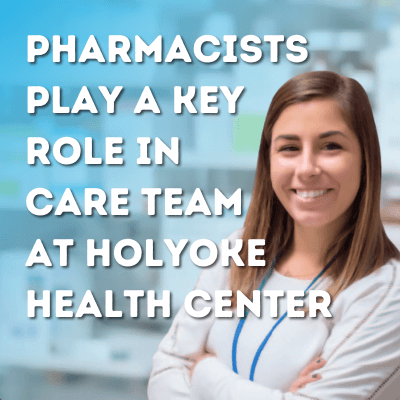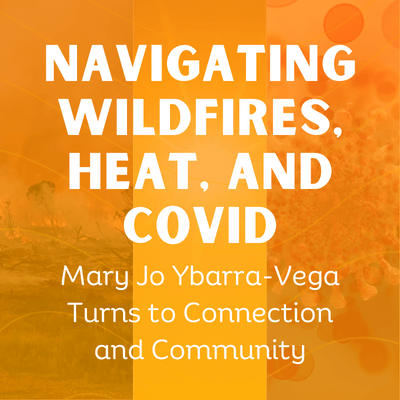New Study: Oral Health is One of Mobile Agricultural Workers’ “Greatest Unmet Health Needs”

By Ileana Maria Ponce-Gonzalez, MD, MPCH, CNC, Executive Director, Community Health Worker Coalition for Migrants and Refugees
Oral health is one of the greatest unmet health needs of mobile agricultural workers. Many of these workers lack basic oral health knowledge. In 2017, the Community Health Worker Coalition for Migrants and Refugees launched an oral health education program designed to increase participants’ knowledge concerning oral health practices and to gain a better understanding of the knowledge, attitudes, and behaviors regarding oral health among migrant workers.
We held 12 workshops for a total of 311 participants throughout Washington State. We used a pre/post uncontrolled design to assess the impact of the education program on participant knowledge about oral health practices. Changes in knowledge were assessed using a paper and pencil survey given to participants before the session began (pre) and at the end of the session (post). The pre/post survey was supplemented by qualitative information in the form of participant-reported barriers and facilitators and figure drawings illustrating their feelings about the state of their own oral health.
There were statistically significant increases in knowledge for all of the pre/post survey questions. Questions with particularly large improvements included: the impacts of having a mouth infection, factors causing oral health problems, and whether children in low-income families experience more tooth decay. The workshop also included three interactive activities where participants learned that poor oral health can result in a poor overall health.
The participants had the opportunity to practice four techniques to maintain oral hygiene:
1) Brushing your teeth twice a day;
2) Cleaning your tongue and mouth with the toothbrush;
3) Using floss; and
4) Using mouthwash.
These simple techniques can prevent poor oral hygiene that in turn can lead to a poor control of diabetes and heart disease, among other diseases.
We concluded that an interactive, lay-led oral health education program can be an effective way to increase oral health knowledge in migrant populations. Unfortunately, we found that there is limited knowledge among migrant populations about prevention and access to oral health. It is essential to educate agricultural workers about their local community health centers and the services they offer. For example, encouraging patients to complete just one annual visit for an adult’s oral cleaning, plus twice-yearly cleanings for children, can help transform mobile families’ attitudes on the importance of regular oral services for their oral hygiene. We also learned that many mobile families do not use toothpaste, but instead opt to use plants to clean their teeth. Each visit to the dentist is an opportunity to learn more about the socio-cultural practices of mobile patients -- and also an opportunity to provide basic oral health training. More than 70 percent of the participants positively responded that it is very important to share the gained knowledge from the workshop with members of the family and their communities. We strongly recommend engaging patients, recognizing the role of oral health education in helping our patients maintain good oral hygiene, and using community/lay leaders for the education sessions.
Learn more about Dr. Ponce-Gonzalez’s work at https://www.latinocommunityfund.org/chwcmr.
Like what you see? Amplify our collective voice with a contribution.
Got some good news to share? Contact us on our social media pages above.
Return to the main blog page or sign up for blog updates here.
- Log in to post comments






